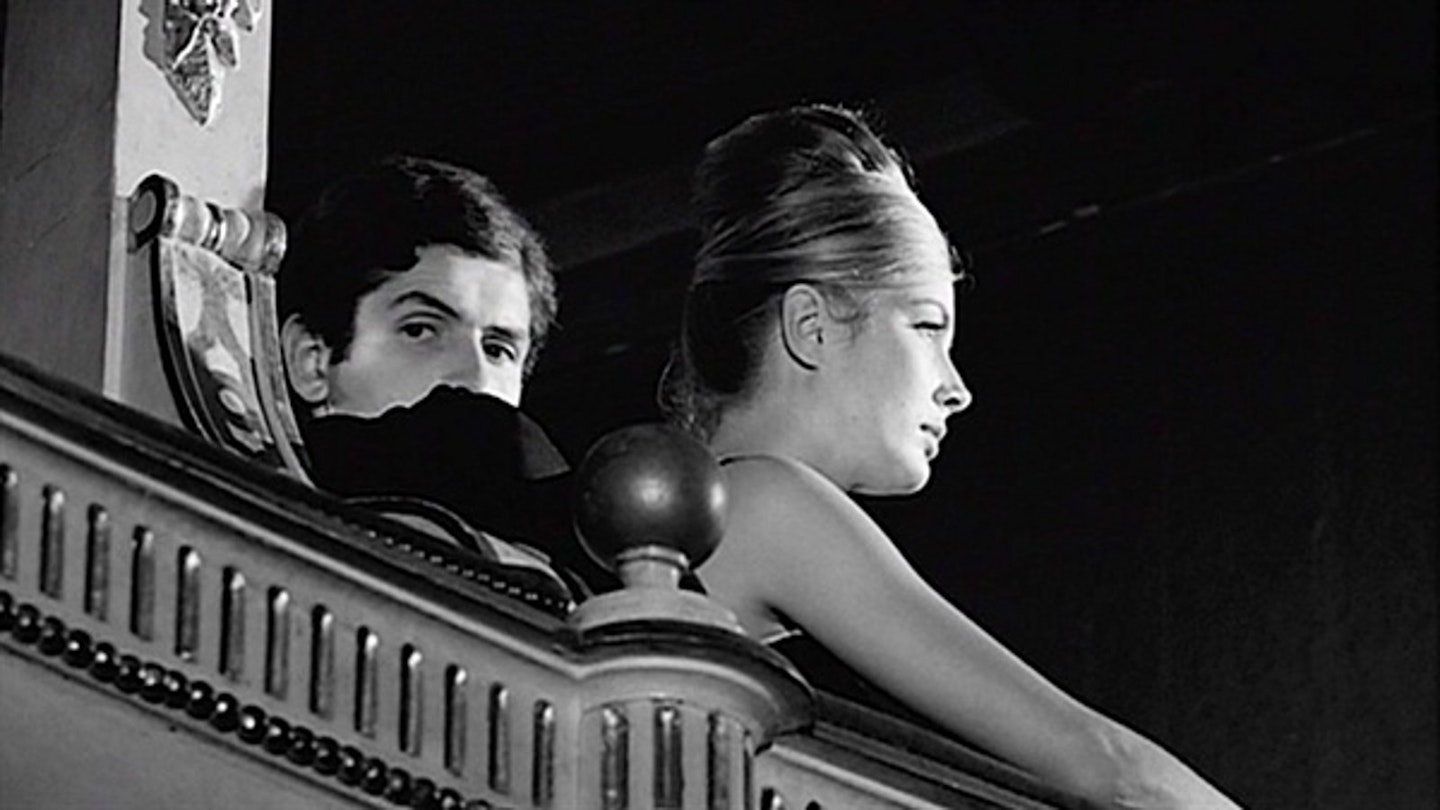Bernardo Bertolucci was only 22 when he embarked on this follow-up to his auspicious debut, The Grim Reaper (1962). Inspired by Stendhal's The Charterhouse of Parma, it's a rattlebag of borrowings and homages. Among the other literary antecedents are Shakespeare, Wilde and Pavese, while Bertolucci's touchstones Verdi and Freud also provide key inspiration, as does the 18th-century French politician Talleyrand, who provided film's the title in his epithet about those living before the revolution being the only ones to appreciate the full benefits of liberty.
A self-professed cinéaste, Bertolucci references numerous heroes in a visual style that was, nevertheless, beginning assume a recognisable identity. The rose-tinted realism comes from Roberto Rossellini, the operatic intensity from Luchino Visconti and the Marxist dialect from Pier Paolo Pasolini (whom he had served as an assistant director). The integration of the characters within their environment owes much to Michelangelo Antonioni, the use of elegant, fluid sequence shots recalls both Max Ophuls and Alain Resnais, while the resort to jump cuts, structural fragmentation and knowing narration is unmistakably Godardian.
Yet, this is also very much a personal project, with an element of autobiographical self-analysis informing Fabrizio's odyssey, and it's fascinating to note how the visual poet in Bertolucci triumphs over the dilettante idealogue. Indeed, the film's emotional intensity is more affecting than its muddled message, which seems to be that it's easier to play the angry young man who can shock his complacent peers than an activist wholly committed to lasting change.
Bertolucci would regularly return to the theme of the naive firebrand who champions the ideals of an older guide only to discover that he's neither politically nor psychologically strong enough to pursue them. But while his later work would be more structurally and intellectually mature, there's still an earnest honesty about Before The Revolution's precocious zeal.
